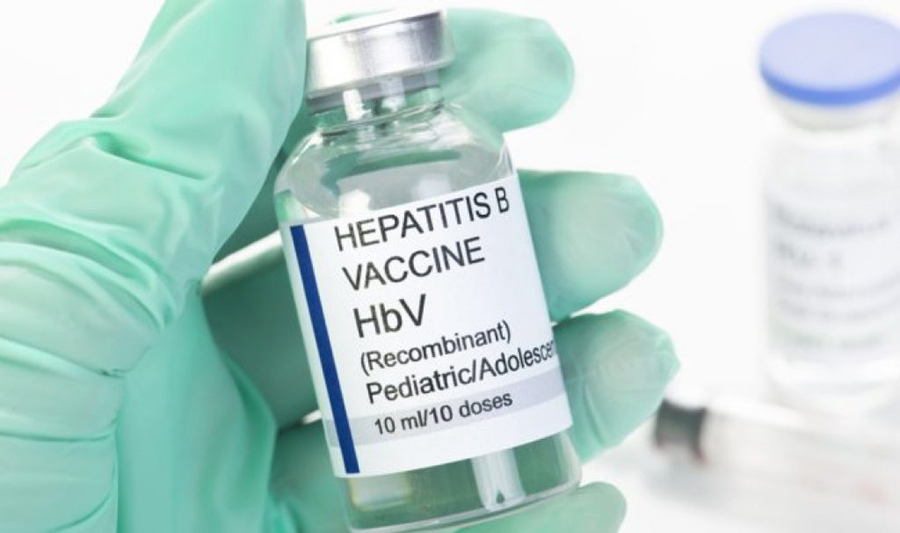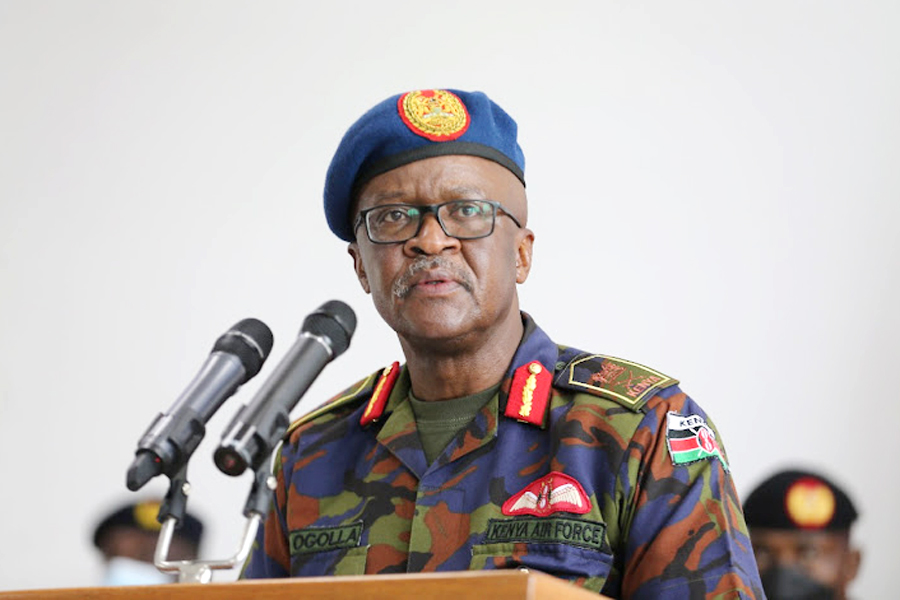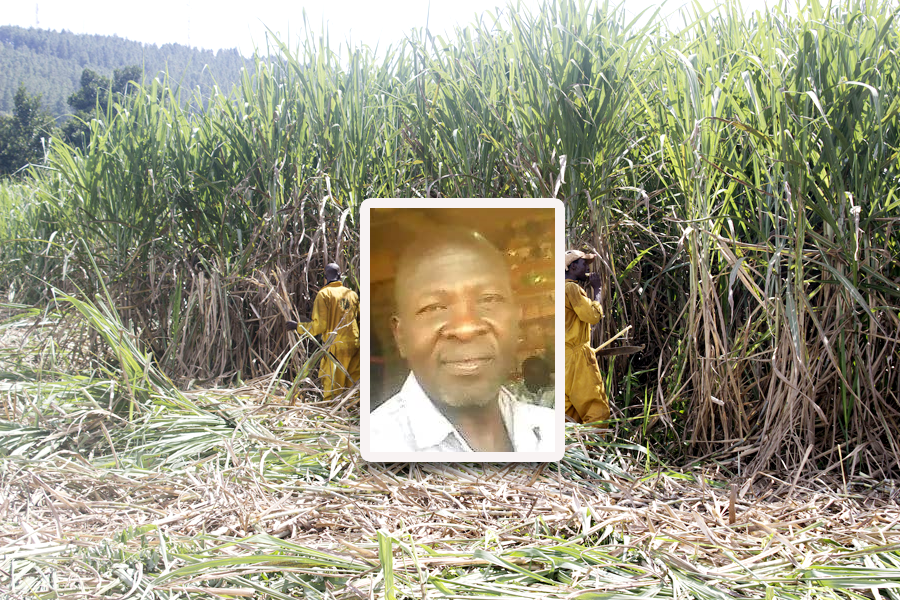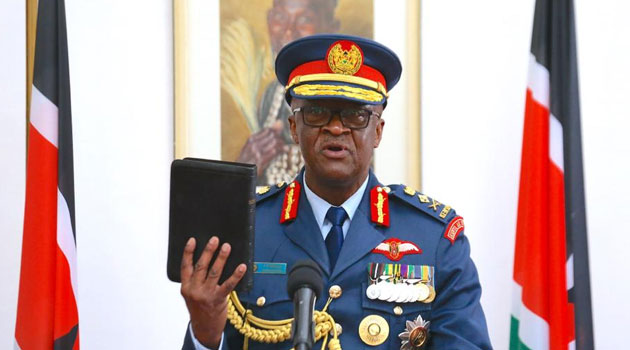Video: Busting a racket of people selling government drugs in Arua, Gulu
NBS TEAM
We took our investigation to the north of Uganda, to the border town of Arua, where the main state hospital is widely reported to regularly suffer from medicine shortages.
Denied an interview with hospital bosses, we spoke to a local and independent Member of Parliament, Bernard Atiku, who wanted to know why hospital medicine runs out.
The medicines are delivered by the National Medical Stores in one day, within a week they say the medicines are over. The question becomes how?
Atiku claims he knows the answer to his own question- medicines are stolen. “We have criminal minded people who are hiding in some of these facilities.
Most of the medicine that have been stolen from here have ended up in Congo, in Sudan.
The government really needs to step up because if we are continuing to have these cases recurring, it means there are weaknesses in the government system,” he said.
Are there criminally minded people hiding in the hospital as Atiku claims?
Jamila Atim is a records officer at Arua Hospital.
She is prepared to sell to us any Ugandan Government medicine we want - offering anti malarials and 2000 bottles of Hepatitis B vaccines for starters.
“Let us come to business because I'm... I don’t want you people to go empty handed,” she said. “As I’m talking now it’s packed in ice pack. They’re supposed to take this one and go inject refugees.”
The vaccines were meant for South Sudanese refugees in northern Uganda. How did Jamila, who says she operates with a network of crooked contacts, get her hands on them?
“If they want 5,000 we sign for 7000. You understand?” she quipped.
 Hepatitis B Vaccine
Hepatitis B Vaccine
They always inflate their, their requisition.
They do not exactly like ask for the right dosage that is needed for the service, like they always add up some figures to have a surplus for themselves. The deal is almost done and Jamila calls to have the refugee vaccines delivered to us.
“Give me the money,” Jamila asks.
For the Ugandan equivalent of around $800, we buy 50 of the 2000 bottles on offer.
A man on a Ministry of Health motorcycle meets Jamila to hand over the stolen vaccines. The bike was donated by Gavi Alliance, an international vaccine initiative funded by Microsoft billionnaire Bill Gates. These are government drugs.
But if they can easily go out of her office, then there’s a problem. Jamila hands the vaccines over to us.
Looking at the medicines you can see the expiry date is April 2019. We got 50 vaccines, Hepatitis B vaccines. We keep the vaccines safe in a mobile fridge so we can return to them to the Uganda Government at the end of our investigation.
Sarah Opendi, Minister of state for Health said: “We need to expose, we need to shame, expose these thieves and maybe when we expose then fewer people will be, people will think twice.”
Taking on the medicine mafias and exposing them is the job of the Health Monitoring Unit.
Created ten years ago by President Museveni, its Kampala Headquarters is crammed, full of seized stolen government drugs.
Dr Jackson Ojera is the head of the unit. He told us that some health workers do not only steal medicines but also equipment.
“What is shocking to me is that we are those people who are doing that, they are abusing the profession. You know medicine or the medical field is a noble profession, noble. And I mean many people look at doctors as uh second to God,” he said.
Our next stop was Gulu which is about 300km away from the capital Kampala.
And in Gulu we are going to be meeting a medical practitioner Patrick Kidega.
Kidega runs a private clinic in Gulu called the Charity Medical Centre and according to our sources he deals in stolen government drugs.
Before meeting him we must first deal with a middleman who will likely report whether or not we are trustworthy.
The idea was to close the deal that day and have the supplies ready. So we waited.
Kidega took us to a back room, where we met a pharmacist, also called Patrick who, it became clear, was also in on the act.
They wanted first to underline the illegal nature of this business.
They have indicated here Government of Uganda, not for sale. In actual sense, this one, we are not supposed to sell it, we’re supposed to give it for free.
They were also wary about our team being from the State House Health Monitoring Unit. Despite doubts about our cover story, Kidega accepted the equivalent of $2000 from us for a stock of antimalarial medicines - enough to treat a whole village.
Delivery was arranged at a private missionary hospital in Gulu later that same day. Lacor hospital is a private medical facility which has security.
So you have to go through security checks. If the alarms go off that means that they have to be checked.
They have to be searched. It could blow us.
But with Kidega as a passenger the team entered as officials - avoiding security checks. Once we met there, we met a pharmacist, of that hospital, a guy called Alex.
Alex promised to deliver but the stumbling block was the security guards.
Kidega claimed that the security guards wanted a bribe to look the other way but they were asking far more than he is prepared to pay.
He decided to wait until his usual security contacts begin their shift. This one. They exchange at 6. At 6 or at 7? The hand over was set for 7pm….but 7pm came and went as we we’re still waiting to hear from Kidega at our hotel. What happened to that consignment?
I mean there was already a deal in progress, why all of a sudden would someone chicken out?
There are different layers. It’s not just Kidega.
Three and a half hours later and we’re on our way to meet Kidega. I mean it’s frustrating. It’s been a whole day of waiting.
This guy said we were meeting him about 7 o’clock. Patrick finally turned up…without the drugs “Just wait,” he said.
Kidega gave us back $1500 but we let him keep $500 to keep him sweet.
Two days later Patrick finally came through. To our surprise he came out with a huge carton. That had 20 small boxes. Full of antimalarial drugs. That was the first pick up point.
Then we drove back to town, he took us to a different location. And then Kidega dropped a bombshell.
“So, we are going to go straight like we are going to-to police station,” he said triggering fears in us.
He told us he is connected to big people so we should not fear anything.
“Even if police arrest me with this thing now. They will not take it inside,” he said.
He loaded up six more big boxes of antimalarials. I think we only expected only two boxes. But when we got there: one, two, three, it was a whole pile.
The final hand over that night was at a small private pharmacy in Gulu run by a nurse who, it’s claimed, used to work for Kidega. All the medicine boxes have a serial number and the pair take the drugs out of its original packaging in an attempt to cover their tracks.
There were in fact, 10 boxes of Lumatem and 59 boxes of Combiart, another antimalarial - all bought for the equivalent of $1000. And they’re government of Uganda not for sale.
They’re all government of Uganda. It’s just written here, "government of Uganda not for sale."
They’re all government drugs.
This investigation was done by NBS TV in collaboration with the BBC.













